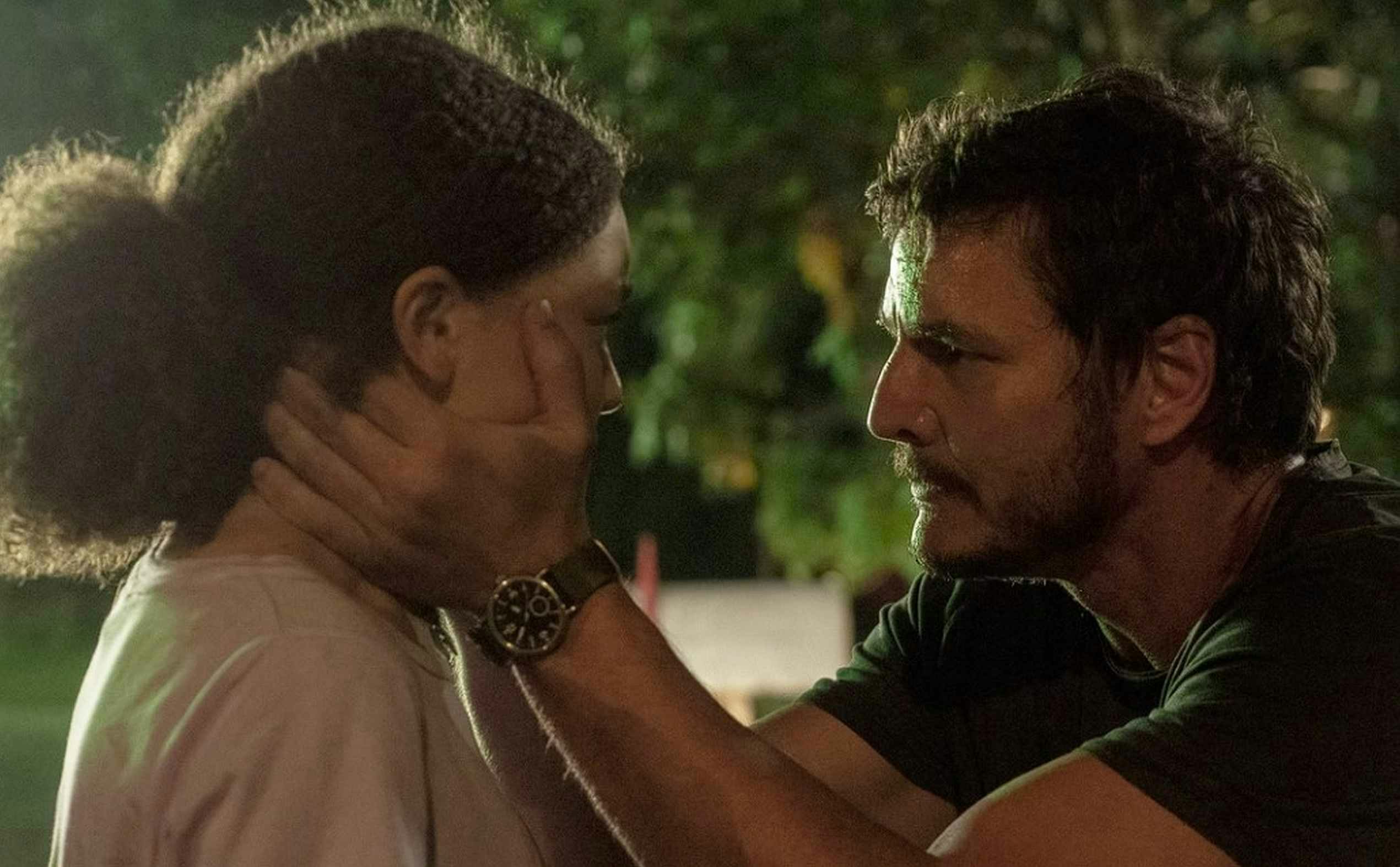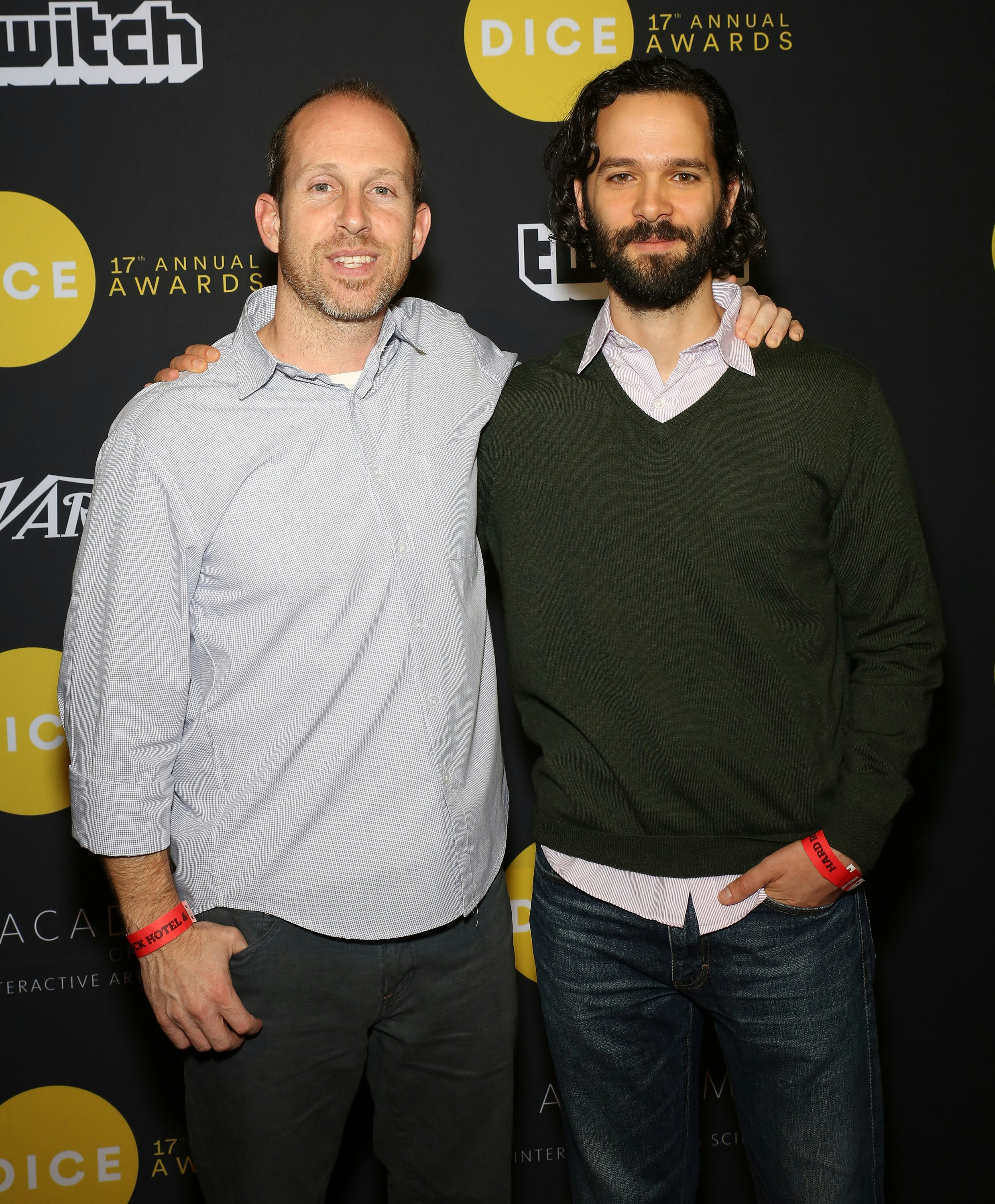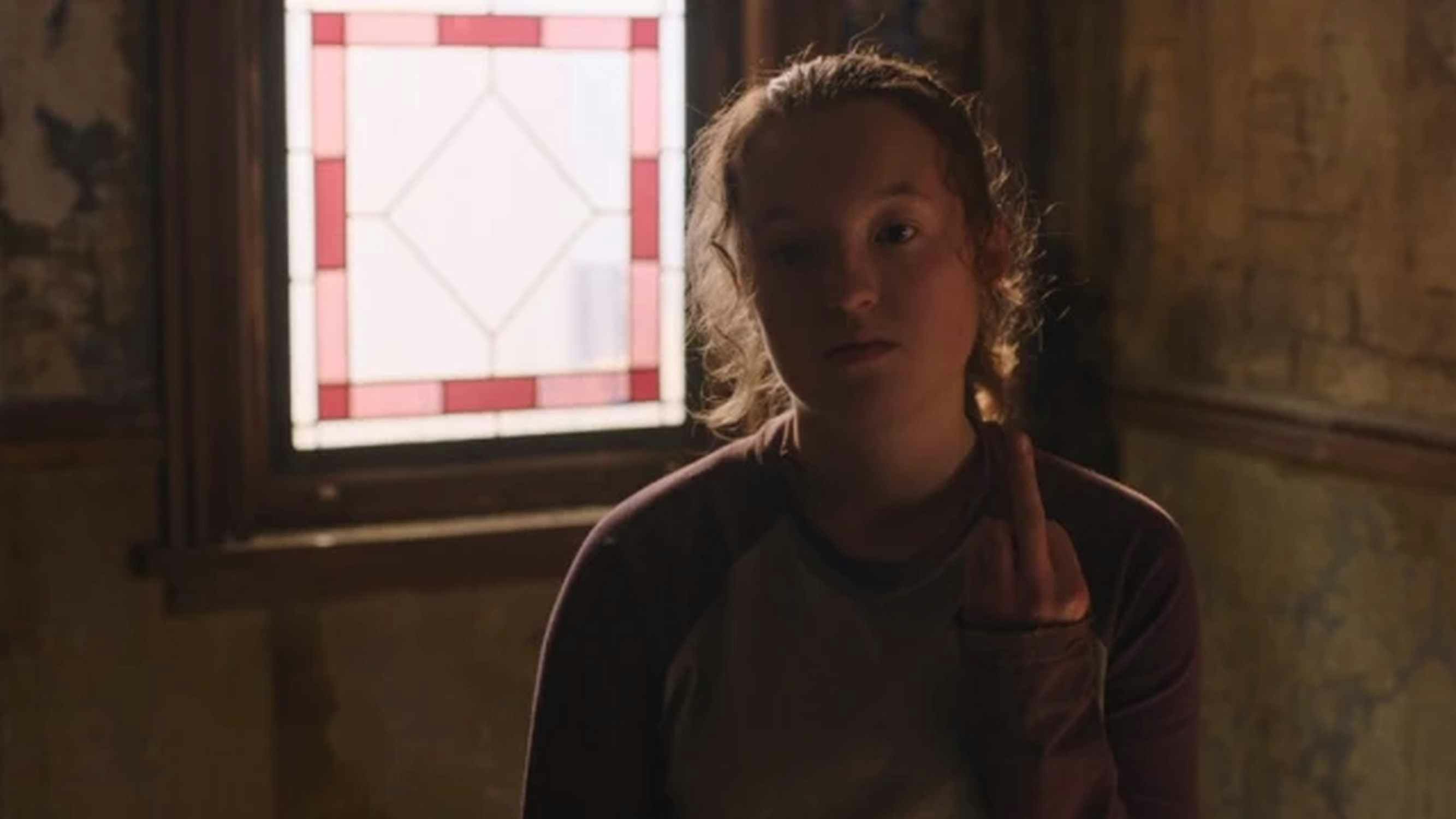
HBO’s prestige adaptation of the medium-defining game The Last of Us is as good as its source material. With the game’s original writer Neil Druckmann co-creating the project, it had a deference to the game while meaningfully building upon the world the story of Joel and Ellie takes place. However, one name that is conspicuously absent in the new show is Bruce Straley, co-director of the original game. In a new interview with the Los Angeles Times, Straley speaks on the absence and how it speaks to a larger problem facing the games industry: giving due credit to the people who make games.
Credit where credit is due — Those who watch the credits of The Last of Us may be surprised that one of the co-creators of the source material is nowhere to be found. Bruce Straley, that very co-creator, is amongst those people.

“It’s an argument for unionization that someone who was part of the co-creation of that world and those characters isn’t getting a credit or a nickel for the work they put into it,” Straley told the Los Angeles Times in response to his lack of credit.
Key employees from developer Naughty Dog do appear in the show’s credits. Straley, however, left Naughty Dog in 2017 after co-leading development on The Last of Us and Uncharted 4 due to burnout and a desire to move on to new projects. This should not be a reason for him not to be credited in a high-profile prestige adaptation of a game he had a large part in developing.
The show credits Neil Druckman as the writer of the original game. It does not mention that Druckmann co-developed and created The Last of Us alongside Bruce Straley, who in addition to helping create the original pitch for the game also served as Game Director. Druckmann recalls in a 2013 keynote that for “several months Bruce and I kinda holed ourselves in a room and, like, picked bits and pieces of a story that we liked, kinda came up with environments that were interesting to us. And we put this thing together.”
Interviews during and after the development of The Last of Us paint a picture of a deeply collaborative process between Straley and Druckmann, who both constantly use “we” during interviews. “There’s a lot of overlap in what we do,” said Druckmann in a 2013 Empire interview, a sentiment he expanded on in a 2014 Reddit AMA, “I think a lot about design and Bruce thinks a lot about story. We wrestle with ideas and make sure story is working with gameplay.”
Several of the key pillars of The Last of Us’ world and storytelling themes were the direct result of Straley’s involvement. Which makes the lack of credit on the show even more disappointing. The Los Angeles Times article describes Straley and Naughty Dog’s current relationship as “strained”.

The Inverse Analysis — This is just one example of a widespread problem in the games industry – how companies credit those who worked on games. “When you leave the studio, they treat you as a kind of pariah,” said former Insomniac Games employee Sam Maggs in an interview with Inverse on how studios leverage credits in games to control employees.
As Inverse describes in a piece diving into the issue of crediting in games “a major problem here is the lack of clear standards for how developers and publishers should credit video games. Without a dedicated organization to oversee the process, the execution remains inconsistent at best.”
Straley believes that his absence in the credits for HBO’s adaptation of the game he helped create highlights this larger issue of crediting in the industry, and is just another example of why unionization across the industry is necessary.
“Maybe we need unions in the video game industry to be able to protect creators.”







